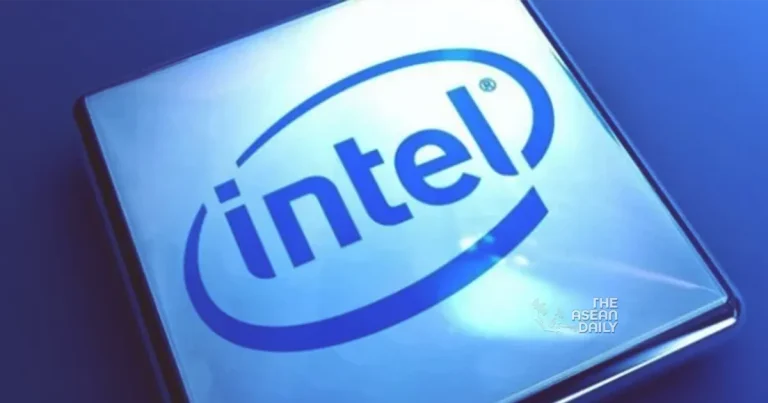9-4-2024 (SAN FRANCISCO) Intel showcased a new iteration of its artificial intelligence chip at its Vision event on Tuesday, targeting Nvidia’s stronghold in semiconductors powering AI applications.
With tech companies seeking alternatives amidst the chip shortage, Intel’s announcement of its Gaudi 3 chip signifies a significant move. Intel claims that the Gaudi 3 chip can train large language models 50% faster than Nvidia’s previous-generation H100 processor. Moreover, it demonstrates superior performance in computing generative AI responses, or inference, compared to the H100 chips in certain scenarios, according to Intel’s tests.
Jeni Barovian, Intel’s vice president of strategy and product management, emphasized the demand for choice in the industry, stating, “Our customers… are looking for an open approach.”
Both Intel and Advanced Micro Devices (AMD) have been striving to develop competitive chip solutions and software to rival Nvidia’s dominance. In 2023, Nvidia commanded approximately 83% of the data center chip market, with the remaining share primarily occupied by Google’s custom tensor processing units (TPUs).
Built on Taiwan Semiconductor Manufacturing Co’s 5nm process, the Gaudi 3 chip comprises two main processor chips fused together, delivering more than double the speed of its predecessor. Designed for scalability, it can be integrated with thousands of other chips to achieve extensive computational power.
The Gaudi 3 chip is set to be available to server manufacturers like Supermicro and Hewlett Packard Enterprise in the second quarter of this year. Intel’s future roadmap includes the development of the next-generation Gaudi chips, codenamed Falcon Shores.




